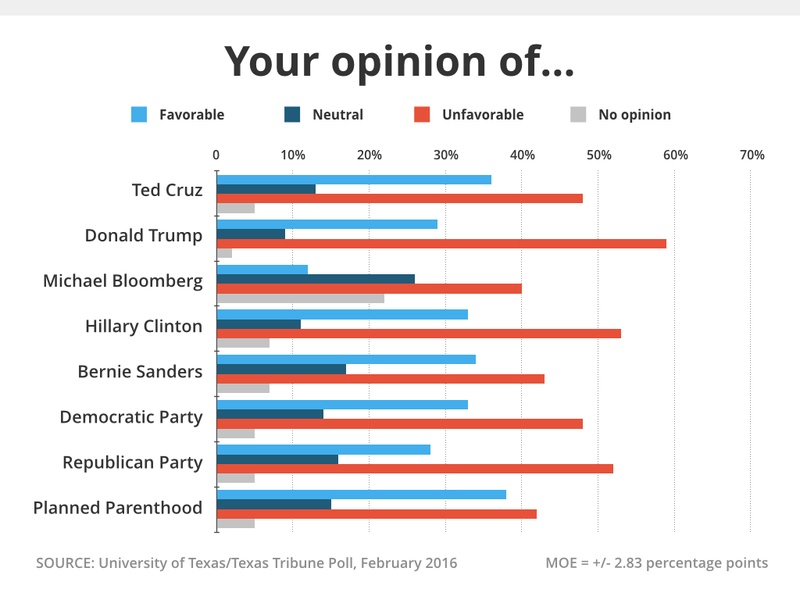I guess there's no better verb to use.
This part of an occasional series looking at how the general public handles this seemingly inevitable trade-off between freedom and security. Little surprise that during times of crisis people are willing to yield on civil liberties like free speech and press, and procedural freedoms against unreasonable search and seizures and self incrimination.
Given that there have been no large scale attacks sustained in the nation in some time, and ISIS has been out of the news for a while, it's worth figuring out what's driving this attitude. Language used on the campaign trail is a likely suspect.
-
Views of Government’s Handling of Terrorism Fall to Post-9/11 Low.
Concern over government restrictions on civil liberties has fallen dramatically since July 2013, following Edward Snowden’s leaked details about NSA surveillance programs. At that time, more expressed concern that government policies had gone too far restricting civil liberties (47%) than that they did not go far enough to protect the country (35%).
The share expressing greater concern that policies do not go far enough to protect the country is now roughly the same as the historical high seen in early 2010, shortly after the failed Christmas-Day terrorist attack on an airliner en route to Detroit (when 58% said policies did not go far enough).
Both Republicans and Democrats have become more likely to say that the government’s anti-terrorism policies do not go far enough to protect the country (rather than that they have gone too far restricting civil liberties) since Snowden’s disclosures in 2013. But the shift has been more pronounced among Republicans. Slightly more than seven-in-ten Republicans (71%) now say their greater concern is that anti-terrorism policies do not go far enough, up 14 points since January (57%) and 33 points since July 2013 (38%).




